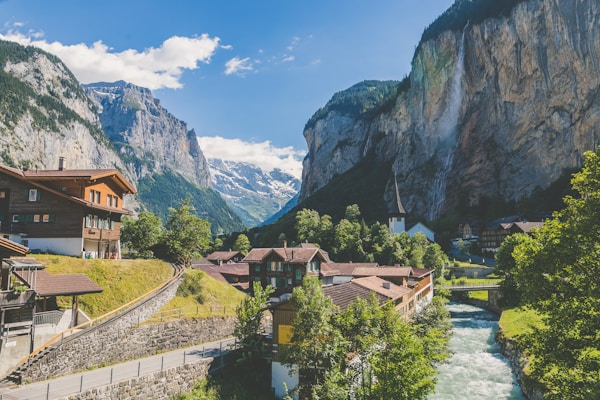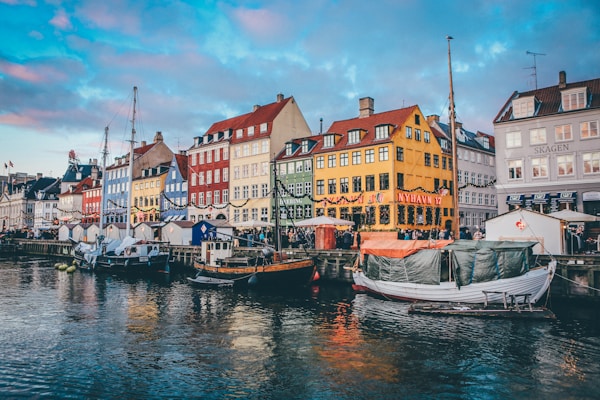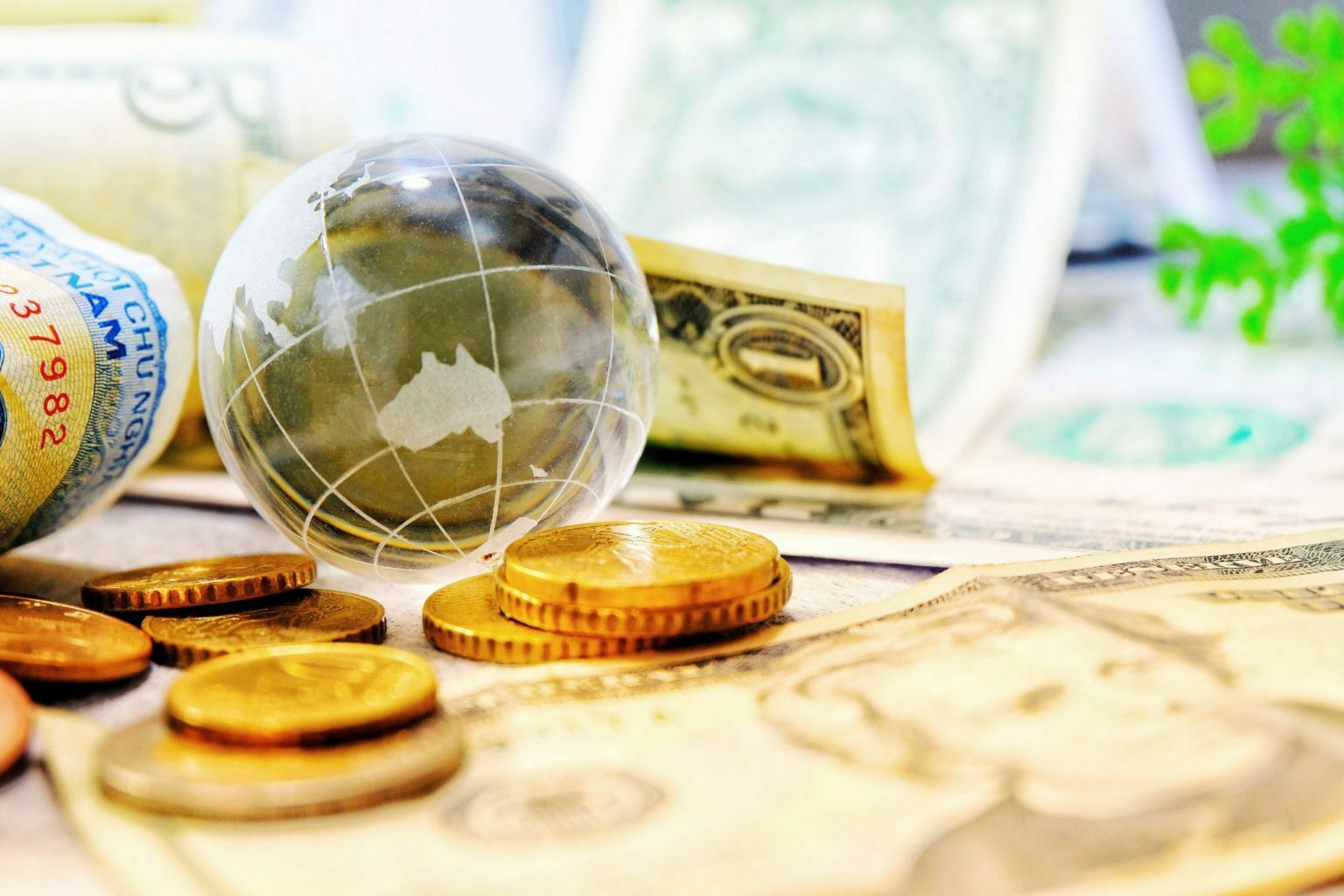What countries have the best economies in the world? This is a question that is often asked and there are many different ways to answer it. Some people look at GDP, others look at unemployment rates, and others look at different factors. However, for the most recent and accurate information, reviewing the finance charts at financecharts.com is your best bet. The website offers 20-year interactive chart options for nearly every ratio and financial metric so that the reader can see the long-term trend. It essentially does the work for you! This article will take a look at some of the top countries in the world with the best economies. Keep reading!
Switzerland

Switzerland has the world’s sixth-largest economy by nominal GDP and the eighth-largest by PPP, as well as the second-highest per capita income in the world. Its economic growth is based on banking, manufacturing, and tourism. The economy of Switzerland is one of the most stable economies in the world and it has been ranked as one of the best economies in the world for many years now. There are several reasons for this: Firstly, Switzerland has a very diversified economy with a large number of industries; Secondly, it has a very strong financial sector; Thirdly, it benefits from being located in central Europe and being able to trade with both Western Europe and Eastern Europe; Fourthly, it has a highly skilled workforce; And fifthly—and perhaps most importantly—it has low levels of corruption.
Norway
Norway has one of the best economies in the world, according to the World Economic Forum’s (WEF) Global Competitiveness Index. The country ranks first in both the overall competitiveness and the business efficiency subindexes. It also ranks in the top five for innovation, labor market efficiency, and infrastructure. What sets Norway apart is its well-educated workforce and strong institutions. Nearly half of all Norwegian adults have a tertiary education, one of the highest rates in the world. And with a stable political environment and rule of law, businesses can rely on predictable regulations and contracts. Norway is also blessed with natural resources, including oil and gas reserves that have helped it become one of the richest countries in the world. Nonetheless, Norwegians are not afraid to invest in new technologies and industries, making their economy resilient to changes in commodity prices.
Denmark

Denmark is a country located in Northern Europe. It has a population of approximately 5.7 million people and a GDP of $341.1 billion. Denmark has the 9th best economy in the world, and it is considered to be a high-income country. The main drivers of Denmark’s economic growth are agriculture, fishing, manufacturing, and services. Some of the most notable Danish companies include Novo Nordisk, Maersk Group, and Lego. Denmark has a very strong welfare state that provides social security for its citizens. This helps to keep unemployment low (with low jobless claims) and maintain a high standard of living.
Japan
As of 2017, Japan has the third largest economy in the world, behind the United States and China. Its nominal GDP is estimated to be around $5 trillion, and its GDP per capita is around $38,000. The country has a very diversified economy, with significant contributions from sectors such as services, manufacturing, and agriculture. Japan’s economic growth has been one of the most resilient in the world over the past few decades. It has weathered global recessions and financial crises very well, and its GDP growth has been among the highest in the world. This is largely due to the country’s strong economic fundamentals and its highly developed institutions.
There are many factors to consider when determining the best economy in the world. These factors can include GDP, unemployment rates, inflation rates, and more. However, when looking at all of these factors together, it can be said that the above countries make the list for having some of the top economies in the world.







